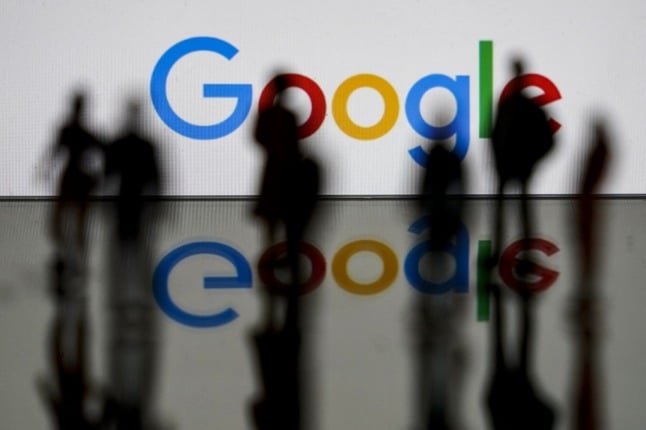Never fond of George W. Bush, Germans woke up on Wednesday to the pleasing prospect of having a politician they adore in the White House. Germany’s media love Obama too and beyond the likelihood of better ties with the United States, publications across the political spectrum agreed electing America’s first African-American president was a watershed of epic proportions.
The conservative daily Frankfurter Allgemeine Zeitung analysed the huge historical significance of the election. “For the first time in the history of the United States, an African-American is moving into the White House,” the paper wrote. “In what other democratic nation is Barack Obama’s story possible – the son of a Kenyan, who five years ago very few people had any idea he even existed, is entrusted in this moment of immense domestic and foreign challenges with the highest office in the United States?”
The centre-left Süddeutsche Zeitung celebrated Obama’s victory without qualification and said it was important for the United States after a very tough period in time. “The election of Barack Obama was an act of self-liberation, indeed of self-purification for America,” opined the paper, invoking the country’s history of civil rights.
“Forty-five years after a black preacher declared his dream of an America without racial constraints on the marble steps of the Lincoln Memorial in Washington, this country has once more proven that it can evolve. It has overcome centuries-old prejudices. Forty-five years after Martin Luther King’s great speech, the Americans have made a black man their president.”
Perhaps happy to turn the page on the Bush era, the paper concluded: “America is a tolerant, cosmopolitan country, perhaps more now than it ever has been.”
The right-wing daily Die Welt took a more cautious approach to events this week, eyeing his zealous following and promises with some scepticism: “Barack Obama’s victory is so forceful, his constituency so extensive, his mandate so absolute and his mission so ambitious, that his acceptance speech before hundreds of thousands in Chicago reaches far beyond the political, nearly into the religious.”
The newspaper seemed to doubt that Obama’s charm can last long into his presidency: “One will hold this lustrous night on one’s memory, as soon as the routines of daily politics catch up to Obama. The roots of disappointment lie hidden in the messianic expectations that have been set for this man, which he himself nurtures in his portrayal of himself.”
Berlin’s left-wing daily Die Tageszeitung emphasized the hope Obama could transcend the political dived between Democrats and Republicans: “In the middle of the night into Wednesday morning, America has become a bit more colourful. For the first time in a long time America’s political map resembles a patchwork rug. The days are over, when the red of the conservative states bled brightly over the Midwest and the South, and the blue states in the Northeast, East and West formed merely a narrow band around this Republican heart of the nation.”
The paper concluded that Obama had succeeded in breaking down old fronts that split America: “Obama’s campaign mantra, that there is no red America or blue America, but only a United States of America, has proven to be true. Contrary to the beliefs of at least one generation of Americans, the rift cutting across American society appears to be bridgeable.”



 Please whitelist us to continue reading.
Please whitelist us to continue reading.